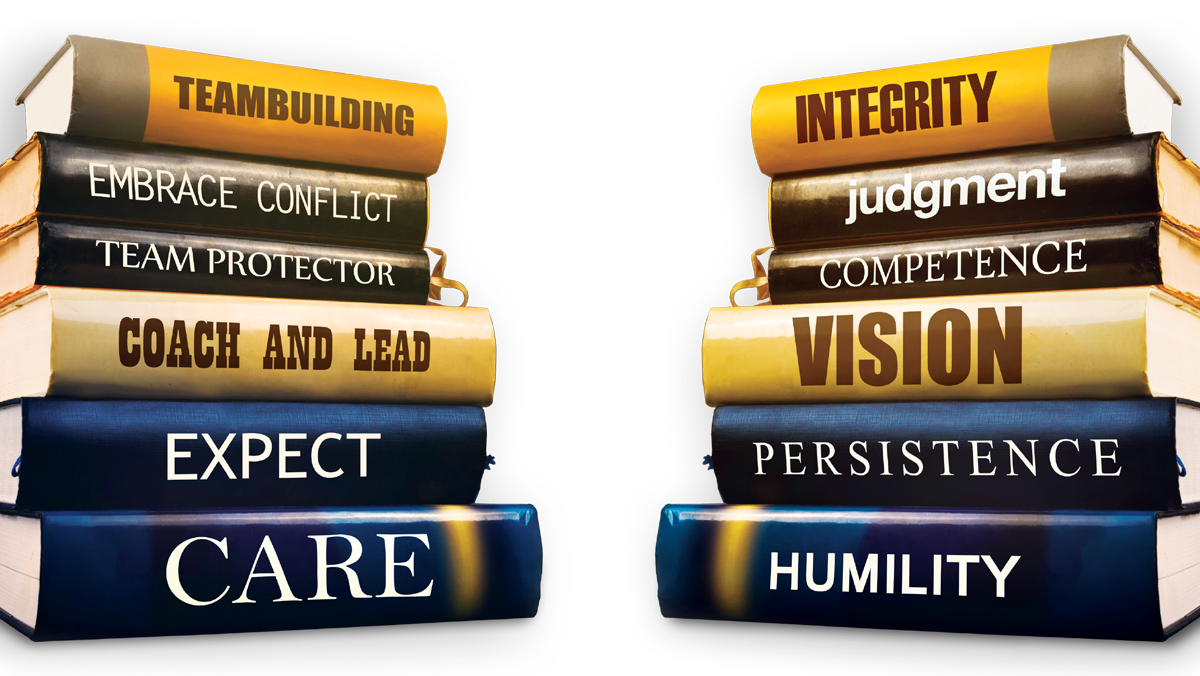
enjoy spending my free time mentoring startup CEOs and founders at the Oregon State University Advantage Accelerator. As a fellow entrepreneur, I’m drawn to creative individuals with a vision. Whether they are pitching a new medical device or an engineering software tool, I love their enthusiasm and passion. It’s hard not to get excited during a great pitch. It’s also a skill that we help them develop. Without a great pitch they won’t be able to get the funding they need to make their ideas a reality.
A great pitch is about selling not only your idea but yourself. When I’m mentoring first-time founders, I give them many of the same pointers they have already read in leadership books or gotten from other mentors.


enjoy spending my free time mentoring startup CEOs and founders at the Oregon State University Advantage Accelerator. As a fellow entrepreneur, I’m drawn to creative individuals with a vision. Whether they are pitching a new medical device or an engineering software tool, I love their enthusiasm and passion. It’s hard not to get excited during a great pitch. It’s also a skill that we help them develop. Without a great pitch they won’t be able to get the funding they need to make their ideas a reality.
A great pitch is about selling not only your idea but yourself. When I’m mentoring first-time founders, I give them many of the same pointers they have already read in leadership books or gotten from other mentors.
But if you read past the first few chapters of Jobs’ biography, you get a picture of someone who had this uncanny ability to “warp reality.” In his book, I also got a glimpse into the person who was rapturous with his “cult of personality.” He was a master of marketing and selling new ideas. I think Jobs’ biography is a book every startup CEO should read. It highlights the importance of focusing on selling the product, but I think it also provides a glimpse into psychopathic traits that can arise in all leaders.
Last year I read a Forbes article called The Psychopathic CEO that left a lasting impression on my feelings toward certain types of leadership traits. The article, written by Jack McCullough, proclaimed that four to 12 percent of CEOs exhibit psychopathic traits, many times more than the one percent found in the general population and more in line with the 15 percent rate found in prisons. Which is alarming when I think about it.
I’m sure we have all, including myself, been relatively psychopathic from time to time. I’m also sure that I have run across leaders who are high on the relatively psychopathic scale. And it’s hard to argue that these individuals are poor leaders. They inspire, take bold action, and often have an army of highly loyal followers. Adam Newman from WeWork anyone?
But what does the incredible recent implosion of WeWork teach us as leaders? There are many investigative journalists who have and will continue to write better lessons learned than I could, and I will read every one of them. But what I take away from the WeWork fiasco is the recurring theme of a percentage of “successful” CEOs with pronounced psychopathic traits: narcissism, sociopathy and, frankly, brainwashing.
As highly social pack animals, humans have an instinctual need for leadership. It permeates our entire society. Leadership is the most powerful mobilizing force on the planet, but with great power comes…well, you know the saying. So be cautious. As a leader people will follow you. Be mindful of your motivation. Do you want to be a leader because you want to be successful or because you want to help people? Or both?
For me, it was only after I put down those biographies and started to really lead that I truly started to improve. I have a long way to go, and really the journey never ends, but at least I seem to be more aware of the barriers to good leadership than I was earlier in my career.
And whenever I am lustfully eyeing a new CEO biography on my Amazon reading list, I just remember a recent article that gave me pause. It was a study looking at the intersection of narcissism and leadership training. It basically says the more leadership books you read the bigger tool you are. Since I have read many leadership books, I hope there is no permanent damage. So for me, it’s try to be good person first and a good leader second. Being a good person is so much more worthwhile than making quarterly earnings targets. And frankly, if I can be a good person first, I believe being a good leader is the byproduct, not the other way around.
